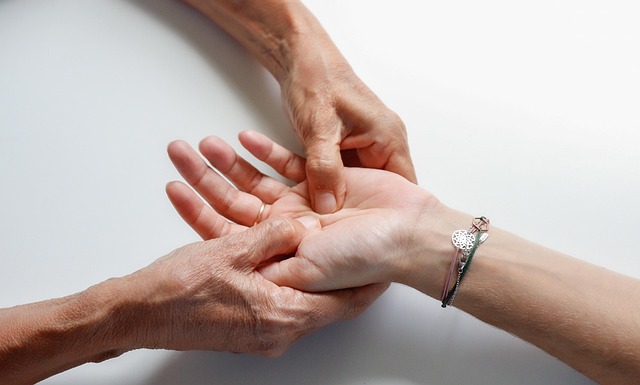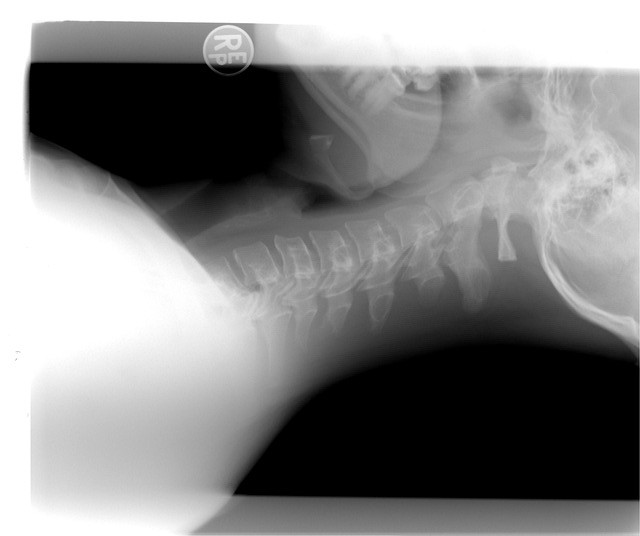In 2007, Karapolat, et. al., conducted study about Heart transplant recipients which often experience a decline in exercise capacity and overall quality of life. This study aimed to compare the effectiveness of two exercise programs, one conducted in a hospital setting and the other at home, on the functional capacity, quality of life, and psychological symptoms of heart transplant patients.
A total of thirty-eight heart transplant patients were divided randomly into two groups: Group 1 (n = 15) underwent a hospital-based exercise program, while Group 2 (n = 13) participated in a home-based exercise regimen. Over the course of 8 weeks, both groups engaged in a comprehensive exercise routine encompassing flexibility, stretching, aerobic exercises, strength training, breathing exercises, and relaxation techniques. The effects of these programs were assessed through measurements of functional capacity (maximal oxygen consumption – pVO2), quality of life (evaluated using the Short Form-36 – SF36 questionnaire), and psychological symptoms (measured using the Beck Depression Inventory – BDI and the State-Trait Anxiety Inventory – STAI).
In Group 1, noteworthy improvements were observed in pVO2 levels and across various SF36 subgroups, excluding vitality and social functioning subgroups (P < .05). However, no significant changes were found in BDI or STAI scores (P > .05). On the other hand, Group 2 did not exhibit significant enhancements in any of the variables, except for the bodily pain subgroup score in the SF36 (P > .05).
Based on the outcomes of this clinical investigation, our findings underscore the recommendation for a meticulously structured exercise regimen to be carried out within a rehabilitation unit for heart transplant patients. This approach is advised to effectively elevate postoperative exercise capacity and elevate overall quality of life among this patient population.
Reference: Karapolat, H., Eyigör, S., Zoghi, M., Yagdi, T., Nalbangil, S., & Durmaz, B. (2007, June). Comparison of hospital-supervised exercise versus home-based exercise in patients after orthotopic heart transplantation: effects on functional capacity, quality of life, and psychological symptoms. In Transplantation proceedings (Vol. 39, No. 5, pp. 1586-1588). Elsevier.




